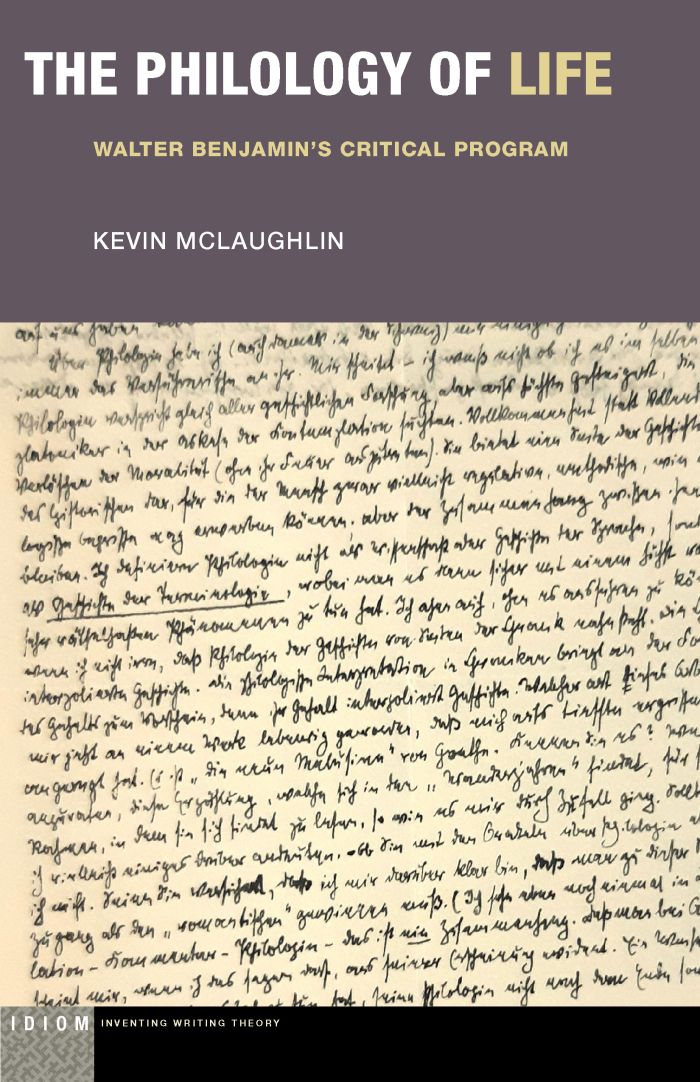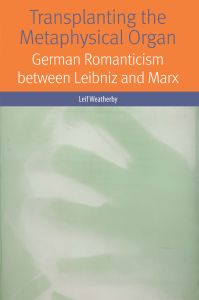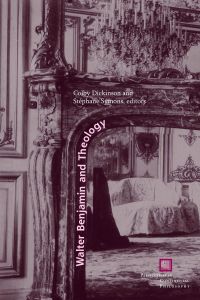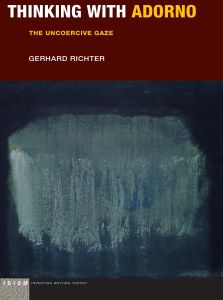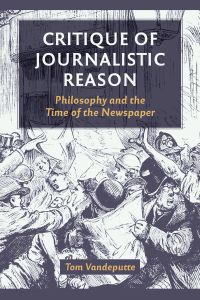The Philology of Life
Walter Benjamin's Critical Program

This book can be opened with

The Philology of Life retraces the outlines of the philological project developed by Walter Benjamin in his early essays on Hölderlin, the Romantics, and Goethe. This philological program, McLaughlin shows, provides the methodological key to Benjamin’s work as a whole.
According to Benjamin, German literary history in the period roughly following the first World War was part of a wider “crisis of historical experience”—a life crisis to which Lebensphilosophie (philosophy of life) had instructively but insufficiently responded. Benjamin’s literary critical struggle during these years consisted in developing a philology of literary historical experience and of life that is rooted in an encounter with a written image.
The fundamental importance of this “philological” method in Benjamin’s work seems not to have been recognized by his contemporary readers, including Theodor Adorno who considered the approach to be lacking in dialectical rigor. This facet of Benjamin’s work was also elided in the postwar publications of his writings, both in German and English. In recent decades, the publication of a wider range of Benjamin’s writings has made it possible to retrace the outlines of a distinctive philological project that starts to develop in his early literary criticism and that extends into the late studies of Baudelaire and Paris. By bringing this innovative method to light this study proposes “the philology of life” as the key to the critical program of one of the most influential intellectual figures in the humanities.
McLaughlin’s book is a model of literary studies in which the idea of life becomes a primary focal point. This life is neither the typical material of literary biography nor the ‘mere life’ that comes under discussion in assessments and critiques of biopolitics. By presenting the question of life as fundamentally a matter of reading, McLaughlin’s biophilology makes an invaluable contribution to our understanding of Benjamin’s early work as well as the theory of literature in general.—Peter Fenves, Northwestern University
This is a rare book that addresses Benjamin as reader of literature, as a failed academic Literaturwissenschaftler but a highly successful, even prophetic reader. The manuscript is marked by a lapidary quality that speaks to the expertise and depth of the author’s approach.—Leif Weatherby, New York University
This book takes up a worthy place among a strong flow of books that bring an impressive weight to bear on Walter Benjamin's work from every plausible quarter.—Monatshefte
Note on Abbreviations | ix
Introduction: The Philology of Life | 1
1. “Two Poems by Friedrich Hölderlin” | 15
2. The Concept of Criticism in German Romanticism | 42
3. “Goethe’s Elective Affinities” | 68
Coda: The Afterlife of Philology | 109
Acknowledgments | 127
Appendix: Sources for Benjamin’s “Goethe’s Elective Affinities” (1924–25) | 129
Notes | 131
Bibliography | 179
Index | 189

